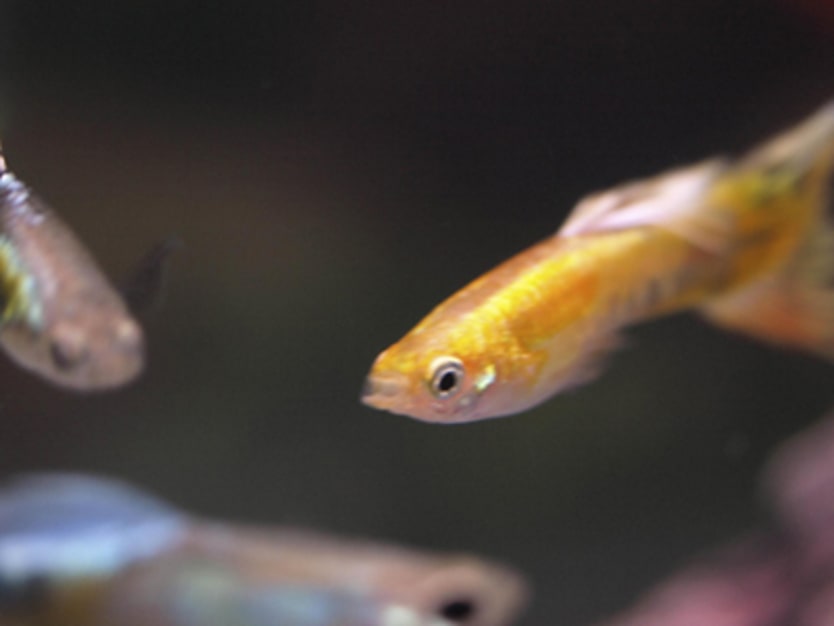
Something fishy is going on in the fight against dengue.
The Asian Development Bank and the World Health Organization have found their latest weapon against dengue-carrying mosquitoes: larvae-eating guppy fish. A recent trial study in select villages in Cambodia and Laos found out dengue cases can be significantly reduced by putting the fish in water tanks and containers near the stagnant water areas where the insects thrive especially during the rainy season.
As of Sept. 2013, there were 51,000 reported dengue cases in those two countries, on top of 96,000 in the Philippines, 18,000 in Malaysia and 15,000 in Singapore. The numbers keep growing each year as urbanization and climate change continue to affect the world’s most populous region.
Health and sanitation is always an issue in Asia-Pacific, and this trial study is an opportunity to implement an innovative solution to combat a serious problem, according to ADB health specialist Gerard Servais.
“We did the project to give a template for the governments when they craft national health policies, specially in dengue prevention,” Gerard told Devex.
Cheap, environmental-friendly
Servais explained that the project is viable for any country, no matter how poor, as it provides a cheap and environmental-friendly solution to fight dengue.
In addition, using guppy fish to attack the mosquitos requires only simple, sustainable and community-based methods, and the fish are easily procured and can be bred.
In the cases of Cambodia and Laos, the initiative saw positive results (lowered dengue cases from 2009 to 2011) while actively engaging the community in the program.
Servais hopes that other countries and communities will follow suit.
Challenges, solutions
Despite the positive results, there are still challenges and issues that need to be addressed for guppy fish to be officially deployed to fight dengue.
First, is the behavioral issue, as disease prevention still rests on how the communities will collectively act towards the issue. The communities have to have a sense of ownership of the project to make it effective and long-lasting.
Second is the procurement of materials and transfer of knowledge from the experts to the residents. Servais said this is very important to make the initiative sustainable, especially in breeding the guppy fish.
The project opens up many possibilities for countries in adapting dengue prevention measures, but the study is only the tip of the iceberg, explained the ADB expert, who noted the bigger task is how to apply it on a national level — for governments to include guppy fish in their public health programs knowing there is “no magic bullet” solution.
“(The aid donors can) take the result of the study and see what the good points are and use the strategy to scale up the intervention, assisting national governments to adopt the initiative,” concluded Servais.
Read more development aid news online, and subscribe to The Development Newswire to receive top international development headlines from the world’s leading donors, news sources and opinion leaders — emailed to you FREE every business day.


